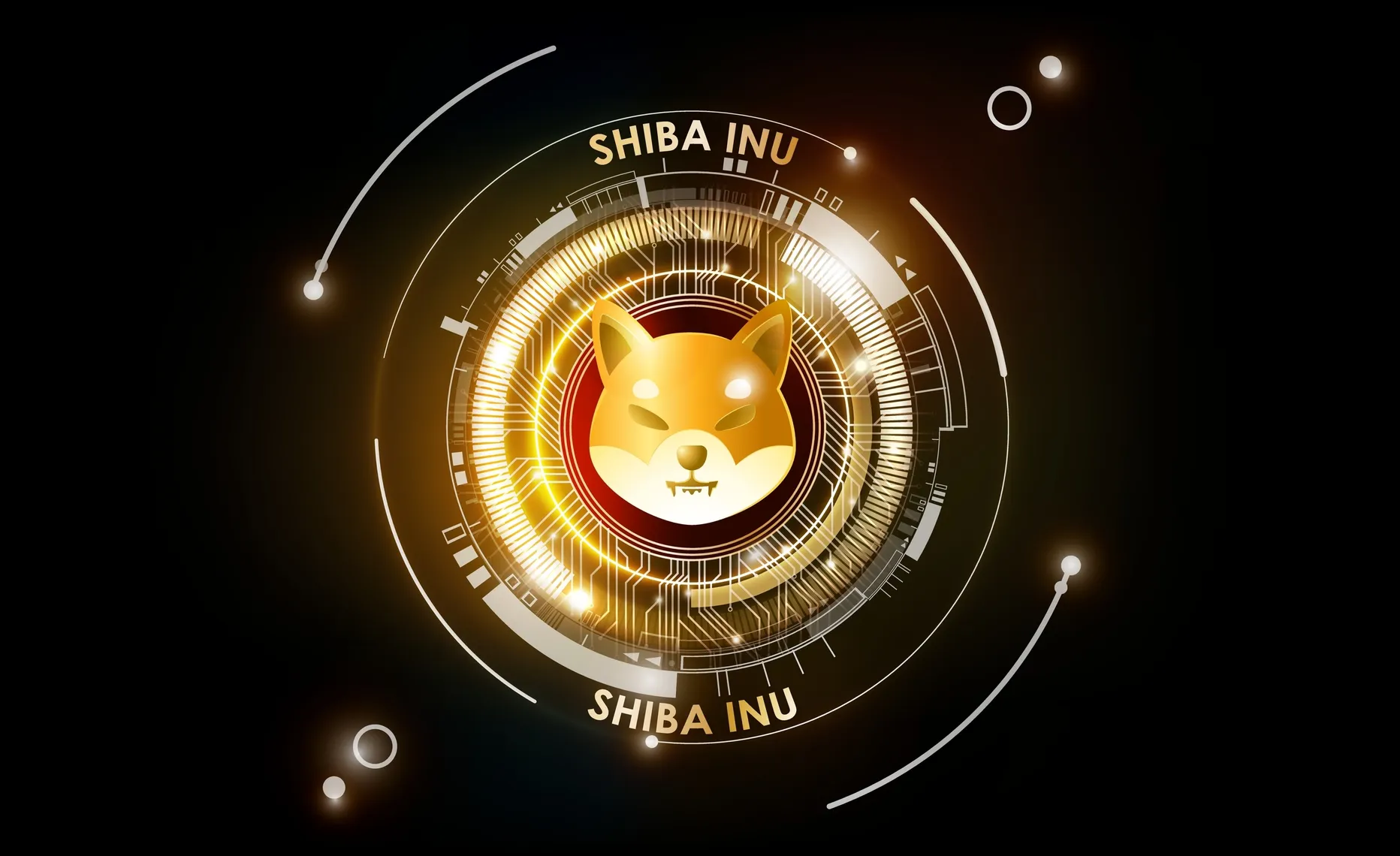Who owns the most shiba inu coins? All you need to know about SHIB community
Shiba inu’s ownership structure continues to evolve, shaped by ongoing community initiatives, token burns, and growing exchange participation.
Originally launched as a meme-based project, the token has since developed into a broader ecosystem with a large circulating supply and a notably concentrated holder base.
Past performance is not a reliable indicator of future results.
Go to market page
What is Shiba Inu?
Shiba Inu (SHIB) was launched in 2020 during the rise of meme-based projects such as Dogecoin (DOGE). Created as a community-led initiative, it describes itself as a “decentralised meme token that evolved into a vibrant ecosystem”. Its anonymous founder, Ryoshi, called it “an experiment in decentralised spontaneous community building”.
Built on the Ethereum blockchain, SHIB is an ERC-20 token. Its ecosystem now includes the ShibaSwap decentralised exchange (DEX), the LEASH and BONE tokens, and Shiboshi NFTs. The project has since expanded to include staking rewards, NFT collaborations, and payment integrations, aimed at enhancing utility over time.
How many shiba inu coins are there?
SHIB was created with a maximum supply of one quadrillion tokens. Half were locked to Uniswap, while the other half were sent to Ethereum co-founder Vitalik Buterin. Buterin donated over 50 trillion SHIB to the India Covid-Crypto Relief Fund and burned 410 trillion SHIB, permanently removing them from circulation.
To support this deflationary effort, the developers later launched a burn portal allowing holders to voluntarily remove tokens. On 12 November 2025, the burn rate increased by 108,495%, resulting in around 184 million SHIB being destroyed in a single day.
As of 13 November 2025, SHIB’s circulating supply is approximately 589.24 trillion out of a maximum 589.55 trillion, according to CoinMarketCap. Its market capitalisation stands at about $5.76 billion, with SHIB trading near $0.000059788.
Who owns the most shiba inu coins?
Although SHIB was designed as a community project, a significant portion of its supply remains concentrated in a few wallets. The largest holder is the burn address associated with Vitalik Buterin, containing around 410.43 trillion SHIB (41.04%). These tokens were sent to the address as part of Buterin’s 2021 burn and are permanently inaccessible.
Below are the ten largest SHIB holders as of November 2025:
| # | Holder / Address | Quantity (approx.) | % of total supply | Notes |
|---|---|---|---|---|
| 1 | Burn address (Vitalik Buterin) | 410.43 trillion | 41.04% | Permanently removed from circulation |
| 2 | 0x02E22015...4774B481e | 56.15 trillion | 5.62% | Private wallet |
| 3 | Robinhood | 39.27 trillion | 3.93% | Exchange wallet |
| 4 | Binance: Hot Wallet 20 | 32.43 trillion | 3.24% | Exchange wallet |
| 5 | Crypto.com 22 | 28.88 trillion | 2.89% | Exchange wallet |
| 6 | Binance 28 | 15.15 trillion | 1.51% | Exchange wallet |
| 7 | Robinhood 6 | 13.68 trillion | 1.37% | Exchange wallet |
| 8 | 0xa7060AEC...731471FA9 | 13.07 trillion | 1.31% | Private wallet |
| 9 | Binance-Peg Tokens | 9.24 trillion | 0.92% | Binance Smart Chain mirror |
| 10 | OKX: Cold Wallet | 7.43 trillion | 0.74% | Exchange wallet |
Source: Etherscan, 13 November 2025.
Together, these addresses control just under 62% of SHIB’s total supply. This concentration shows how the ecosystem’s liquidity and governance remain closely linked to a small number of large wallets, particularly those held on major exchanges.
How many shiba inu holders are there?
The number of SHIB holders has continued to grow steadily. As of late 2025, more than 1.4 million wallet addresses hold SHIB, reflecting its enduring popularity among retail participants and the project’s active international community.
Key takeaways
- Market capitalisation: Approximately $5.76 billion.
- Circulating supply: 589.24 trillion SHIB of a 589.55 trillion maximum.
- Largest holder: Burn address associated with Vitalik Buterin (410.43 trillion SHIB, 41.04%).
- Major exchange holders: Robinhood, Binance, Crypto.com and OKX.
- Community activity: Ongoing token burns, including the 184 million-token burn in November 2025.
Create an account Open a demo account
FAQ
How many shiba inu coins are burned?
A total of around 410 trillion SHIB tokens have been permanently removed from circulation since launch. Most of this came from Ethereum creator Vitalik Buterin’s 2021 burn, followed by ongoing, community-led initiatives. The burn mechanism continues to operate, though daily volumes have decreased compared with earlier years. Occasional spikes still occur when community campaigns gain traction.
What is the total supply of the shiba inu coin?
The total supply of shiba inu is approximately 589.26 trillion tokens as of November 2025. This figure reflects the remaining supply after accounting for all burned and locked tokens.
Can you trade shiba inu with CFDs?
Yes, you can trade SHIB price movements using contracts for difference (CFDs) without owning the underlying tokens. This allows traders to speculate on both upward and downward price movements, depending on their chosen strategy. When trading SHIB CFDs on platforms such as Capital.com, you do not take direct ownership of the cryptocurrency — instead, you trade based on its price fluctuations. CFDs are traded on margin, and leverage amplifies both profits and losses.